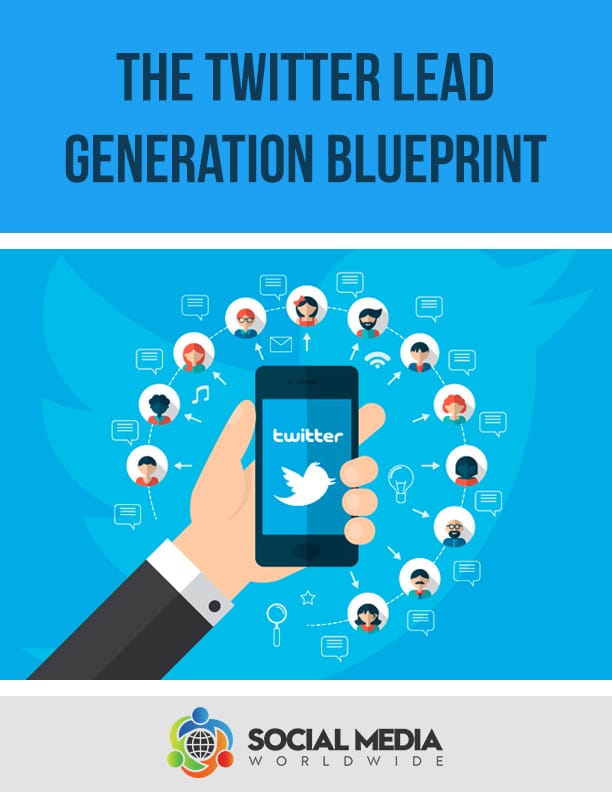In the ever-evolving landscape of education, the influence of social media on students’ academic performance is a topic of paramount importance. As we navigate the digital age, platforms like Facebook, Instagram, and Twitter have become integral parts of students’ lives. At Peachy Essay, where we are dedicated to facilitating academic excellence, we delve into the intricate relationship between social media use and academic outcomes. Join us as we explore the multifaceted effects of social media, examining both the challenges and opportunities it presents for students on their academic journey. From distractions and sleep disruption to enhanced communication and collaboration, we aim to shed light on the nuanced dynamics of this digital phenomenon and its implications for educational success.
The Distraction Dilemma
One of the primary concerns surrounding social media and academics is the potential for distraction. With constant notifications, likes, and shares, students may find it challenging to stay focused on their studies. The temptation to check social media during study sessions or lectures can lead to reduced concentration and, consequently, lower academic performance.
Research has shown that excessive social media use can contribute to decreased productivity and increased procrastination, hindering students from reaching their full academic potential. Setting boundaries and adopting time management strategies are crucial to mitigate the negative impact of social media distractions.
The Double-Edged Sword of Social Comparison
Social media often serves as a platform for individuals to showcase their achievements, experiences, and lifestyles. While this can be motivating for some, it may lead to detrimental effects on others. The constant exposure to curated versions of peers’ lives can result in social comparison and feelings of inadequacy, potentially affecting self-esteem and mental well-being.
Students who spend significant time comparing themselves to their peers on social media may experience heightened stress and anxiety, impacting their ability to focus on academic tasks. Encouraging a healthy mindset and promoting self-awareness can help students navigate the social comparison trap and maintain a positive attitude towards their academic journey.
Networking and Educational Opportunities
On the flip side, social media can also serve as a valuable tool for academic enrichment. Platforms like LinkedIn and Twitter provide opportunities for students to connect with professionals, academics, and peers within their field of study. Engaging in online discussions, following relevant industry updates, and participating in virtual events can enhance a student’s knowledge and expand their academic network.
Educational communities on social media platforms can facilitate collaborative learning and the exchange of ideas. When used purposefully, social media can complement traditional educational methods and positively influence a student’s academic experience.
Finding a Balance
The key to navigating the relationship between social media use and academic performance lies in finding a balance. Encouraging students to be mindful of their online habits, establish digital boundaries, and prioritize academic responsibilities can help mitigate the potential negative effects of social media.
Educational institutions can also play a role by promoting digital literacy and incorporating discussions about responsible social media use into their curriculum. By fostering a culture of awareness and balance, students can harness the benefits of social media while maintaining a focus on their academic goals.
Sleep Disruption and Fatigue
Excessive use of social media, especially late at night, can contribute to sleep disruption and fatigue. Students may find themselves scrolling through feeds or engaging in online conversations when they should be getting adequate rest. The resulting lack of sleep can negatively affect cognitive function, concentration, and overall academic performance.
Enhanced Communication and Collaboration
Social media platforms provide students with convenient ways to communicate and collaborate on academic projects. Virtual study groups, shared documents, and real-time discussions can foster collaborative learning experiences. When used purposefully, these tools can enhance students’ understanding of course material and improve overall academic outcomes.
Information Overload and Multitasking
The constant influx of information on social media can contribute to information overload, making it challenging for students to filter and prioritize academic content. Additionally, the habit of multitasking—such as checking social media while studying—can lead to decreased efficiency and comprehension. Encouraging students to focus on one task at a time can improve learning outcomes.
Impact on Mental Health
Social media use has been linked to mental health issues, including anxiety and depression. Constant exposure to online interactions, cyberbullying, and the pressure to maintain a certain online image can take a toll on students’ mental well-being. Addressing mental health concerns is essential for maintaining optimal academic performance and overall life satisfaction.
Digital Citizenship and Online Reputation
Social media is a powerful tool that extends beyond personal connections. It is also a platform where students begin to build their online presence and professional reputation. Understanding the importance of digital citizenship, responsible posting, and the potential long-term consequences of online behavior is crucial for students as they navigate both academic and professional landscapes.
Conclusion
In conclusion, the impact of social media on academic performance is complex and multifaceted. While challenges such as distraction and social comparison exist, there are also opportunities for networking and educational enrichment. By fostering a mindful and balanced approach to social media use, students can navigate the digital landscape while maintaining a strong focus on their academic pursuits.



Recent Comments